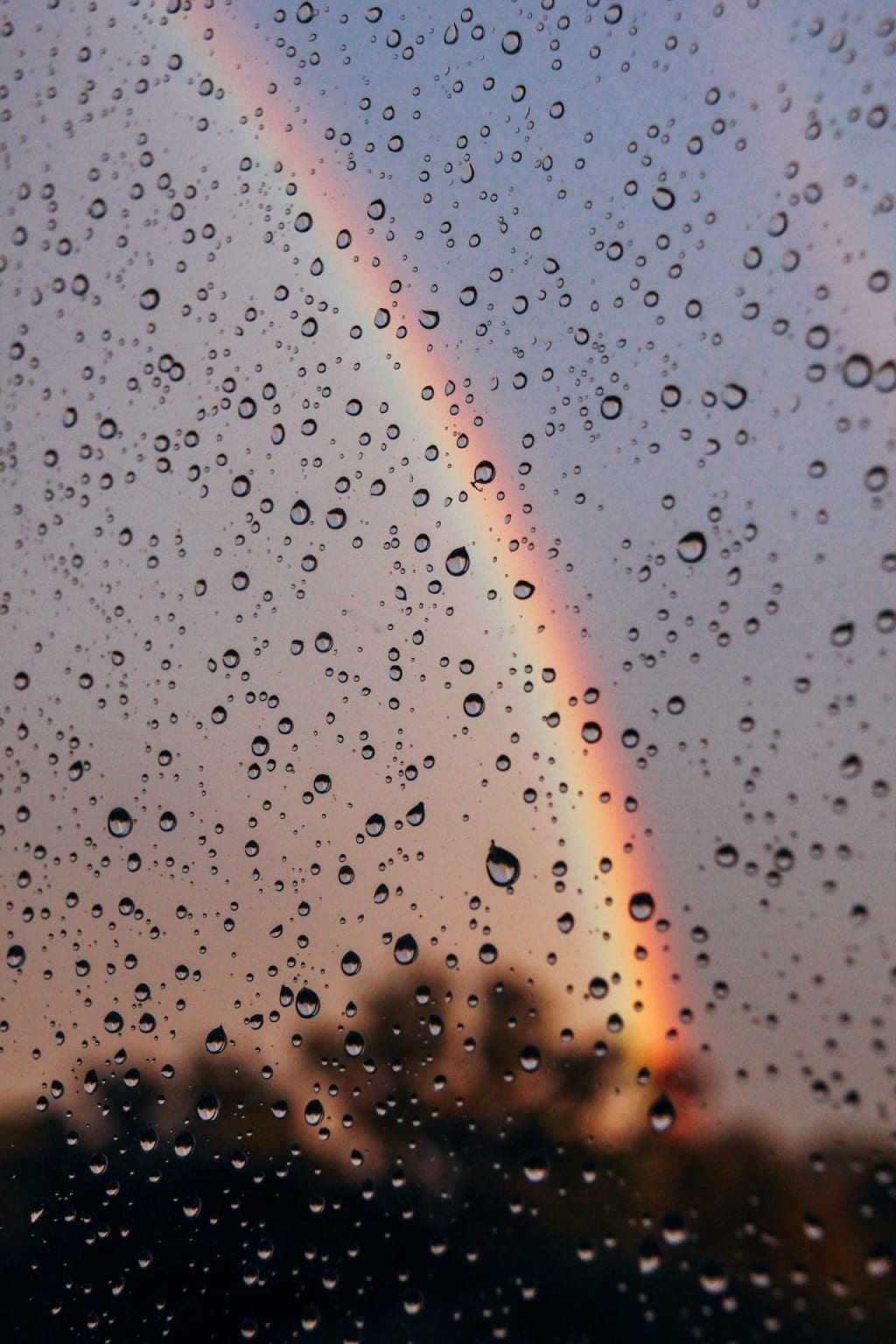Content warning
This story may contain sensitive material or discuss topics that some readers may find distressing. Reader discretion is advised. The views and opinions expressed in this story are those of the author and do not necessarily reflect the official policy or position of Vocal.
Life as homosexuality in Nigeria
Homosexuality is a topic that has been controversial for a long time in Nigeria.

Homosexuality is a topic that has been controversial for a long time in Nigeria. The country is a conservative society with strong religious beliefs, and this has made it difficult for people who identify as homosexual to live openly and freely. Nigeria is one of the few countries in the world where homosexuality is illegal, and this has made life for the LGBTQ+ community in the country a struggle.
The Nigerian government criminalizes homosexuality, and it is punishable by up to 14 years in prison. The law has been in existence since the colonial era when Nigeria was under British rule, and it was introduced to the country as part of the British colonial legacy. The law has been criticized by human rights organizations and activists who argue that it violates the fundamental human rights of individuals who are attracted to the same sex.
The criminalization of homosexuality in Nigeria has created an environment of fear and discrimination for people who identify as homosexual. Many people who identify as homosexual in Nigeria are afraid to come out because of the potential consequences, including harassment, violence, and imprisonment. Discrimination against the LGBTQ+ community is prevalent in Nigeria, and it is often fueled by religious beliefs.
Nigeria is a religious country, with Christianity and Islam being the dominant religions. Both religions condemn homosexuality, and this has made it difficult for people who identify as homosexual to live openly. Many religious leaders in the country have also spoken out against homosexuality, and this has contributed to the stigmatization of the LGBTQ+ community.
Despite the challenges faced by the LGBTQ+ community in Nigeria, many people continue to identify as homosexual and live their lives as such. However, they do so in secrecy and often have to hide their true identities from family and friends. This can be a lonely and isolating experience, and many people who identify as homosexual in Nigeria struggle with mental health issues.
The LGBTQ+ community in Nigeria has also been subject to violence and harassment. There have been instances of mob attacks on people who are suspected of being homosexual, and this has led to injuries and deaths. The police have also been known to target people who are suspected of being homosexual, and they often use the law to harass and intimidate members of the LGBTQ+ community.
The criminalization of homosexuality in Nigeria has also had an impact on public health. Many people who identify as homosexual are afraid to seek medical treatment for fear of being exposed and arrested. This has led to a lack of access to healthcare for members of the LGBTQ+ community, and it has contributed to the spread of sexually transmitted infections.
The LGBTQ+ community in Nigeria has also been excluded from many aspects of society. They are often denied access to housing, education, and employment opportunities because of their sexual orientation. This has made it difficult for members of the LGBTQ+ community to live fulfilling lives and contribute to society.
Despite the challenges faced by the LGBTQ+ community in Nigeria, there have been some positive developments in recent years. There has been an increase in activism and advocacy for the rights of the LGBTQ+ community, and this has led to greater awareness and acceptance of homosexuality in some parts of the country.
There have also been legal challenges to the criminalization of homosexuality in Nigeria. In 2014, a law was passed in Nigeria that criminalized same-sex marriage and made it illegal for organizations to support LGBTQ+ rights. However, in 2019, a federal court in Nigeria ruled that the law violated the fundamental human rights of individuals who identify as homosexual.
The ruling was a significant victory for the LGBTQ+ community in Nigeria, and it was seen as a step towards greater acceptance and equality. However, the law remains in place, and there is still a long way to go before members of the LGBTQ+ community in Nigeria can live openly and freely without fear of persecution.
In conclusion, homosexuality is a controversial topic in Nigeria, and the LGBTQ+ community faces many challenges. The criminalization of homosexuality has created an environment of fear and discrimination, and members of the LGBTQ+ community are often excluded from many aspects of society. However, there have been some positive developments in recent years, and there is hope that the situation will improve in the future. It is crucial that the Nigerian government takes steps to protect the rights of the LGBTQ+ community and promote greater acceptance and equality in society.
About the Creator
Enjoyed the story? Support the Creator.
Subscribe for free to receive all their stories in your feed. You could also pledge your support or give them a one-off tip, letting them know you appreciate their work.





Comments
There are no comments for this story
Be the first to respond and start the conversation.